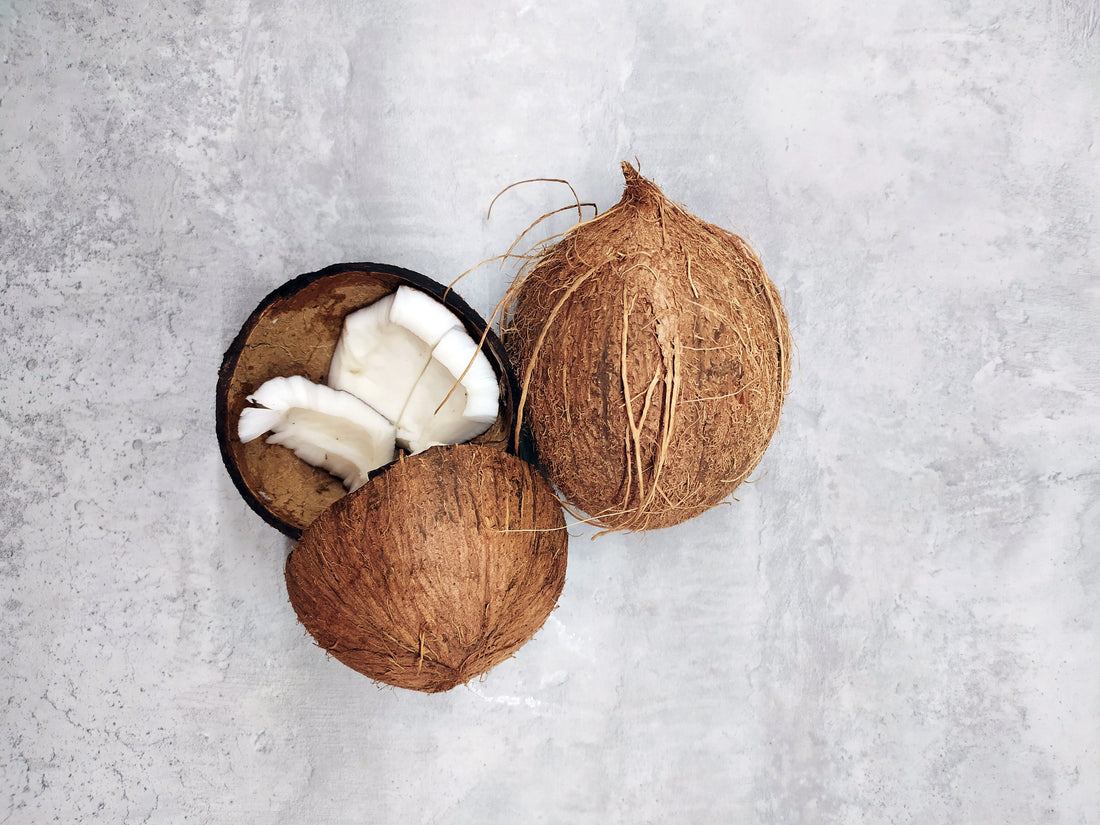
MCT Oil: The Fat That Fuels Your Brain, Body, and Weight Loss Journey
Share
MCT oil has become one of the most popular supplements among athletes, bodybuilders, and health enthusiasts. Thanks to its rapid absorption and powerful health benefits, this form of healthy fat is now a key player in the worlds of fitness, wellness, and the ketogenic diet.
But what exactly is MCT oil, and why should you consider adding it to your daily routine? Let’s dive into the science-backed benefits of MCT oil and how it could help support your goals.
What is MCT Oil?
MCT oil stands for medium-chain triglyceride oil. As the name suggests, it contains medium-length chains of fats called triglycerides. Due to their shorter length, MCTs are absorbed more quickly by the body compared to long-chain fatty acids found in foods like olive oil, nuts, and avocados.
Most MCT oils are extracted from coconut oil — which is naturally rich in MCTs — although they can also be found in smaller amounts in palm oil and dairy products. Among the different types of MCTs, caprylic acid (C8) and capric acid (C10) are the most commonly used in supplements due to their powerful health properties.
Top Benefits of MCT Oil
MCT Oil May Support Weight Loss and Appetite Control

One of the biggest reasons people turn to MCT oil for weight loss is its ability to promote feelings of fullness. Studies show that consuming MCT oil can increase the release of appetite-suppressing hormones like peptide YY and leptin.
In one study, individuals who added two tablespoons of MCT oil to their breakfast consumed fewer calories at lunch compared to those who consumed coconut oil. Other research suggests MCT oil may help reduce body weight, waist circumference, and even support healthy gut bacteria — all factors linked to weight management.
Plus, MCT oil provides about 10% fewer calories than long-chain triglycerides (LCTs), making it a smart fat choice for low-carb or keto diets.
MCT Oil Helps Boost Ketone Production for Keto Dieters
Following a ketogenic diet? MCT oil can help you stay in ketosis by providing a rapid source of ketones — compounds your body creates when burning fat for energy.
Because MCTs are converted into ketones faster than other fats, adding MCT oil to your keto diet can enhance your fat-burning potential and energy levels.
MCT Oil May Improve Brain Health and Cognitive Function
Emerging research suggests MCT oil for brain health holds great promise. Studies show that ketones derived from MCTs can serve as an alternative energy source for brain cells, particularly in conditions like Alzheimer’s disease, epilepsy, and autism.
-
Epilepsy: Originally, ketogenic diets were used to manage epilepsy by increasing ketone levels. Some studies suggest MCT oil, particularly capric acid, may help control seizures.
-
Alzheimer’s Disease: Ketones can bypass damaged brain cells’ inability to use glucose, potentially improving brain function. Small studies have shown that MCT oil supplementation improved short-term memory in Alzheimer's patients.
-
Autism: Some early research indicates that incorporating MCT oil into a ketogenic diet may help improve behaviors in children with autism, although larger studies are still needed.
Before making major dietary changes for medical conditions, consult with your doctor or healthcare professional.
MCT Oil is a Fast, Clean Energy Source

Unlike other fats, MCT oil is absorbed directly from your gut into your liver, where it’s rapidly converted into usable energy or ketones. This quick absorption makes it an excellent option for those needing an instant energy boost without relying on sugar or carbohydrates.
Adding MCT oil to coffee, smoothies, or salad dressings is an easy and delicious way to enhance your energy and mental focus throughout the day.
Final Thoughts: Should You Add MCT Oil to Your Diet?
Thanks to its fast absorption, clean energy, and wide-ranging health benefits, MCT oil is a smart addition for anyone looking to boost weight loss, support brain function, enhance athletic performance, or simply feel better day-to-day.
However, as with any supplement, it's important to consult your doctor or a licensed nutritionist before making major dietary changes, especially if you’re managing specific health conditions.
Ready to experience the benefits of MCT oil? Start by adding a tablespoon to your morning coffee and enjoy the clean, lasting energy!
